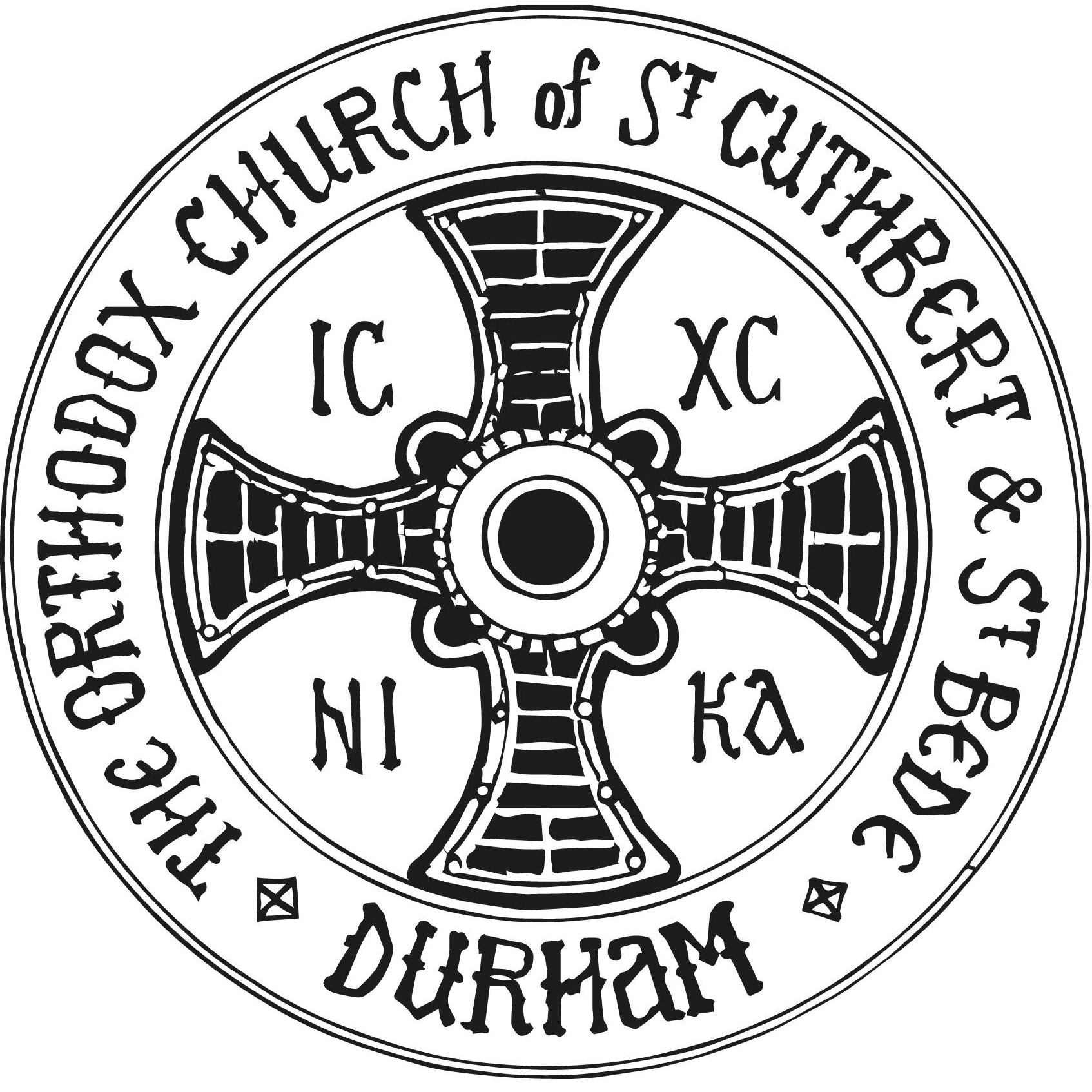In the Name of the Father, and of the Son, and of the Holy Spirit. Amen
In today’s Gospel, the Lord says to his disciples: ‘If any wants to follow after me, let him deny himself and take up his cross and follow me’. And he goes on immediately by saying: ‘For if anyone wants to save his life/soul, he will lose it; anyone who will lose his life/soul for my sake and the Gospel will save it’. The older translations have ‘soul’, many more modern translations have ‘life’: the Greek word is psyché, ψυχή, which means life in the sense of being able to live and move, to apprehend the world around one—one might almost say ‘exist’—in distinction from another word in Greek for life, ζωή, which means life as opposed to death, which does, of course, include ‘existence’, but has overtones of the life we share with others, the life we share with God, the life that Christ offers us in the Gospel and through the Cross and Resurrection—‘eternal life’, ζωὴ αἰώνιος, not ‘unending, interminable, life’, but a life that transcends death. So, the Lord means: if anyone prefers to safeguard his earthly existence, then he or she will lose it, for it has no enduring value. But it is impossible to read these words today, the first Sunday in living memory when public services have had to be cancelled, without thinking of the spectacle in our supermarkets of empty shelves, caused by panic buying, stocking up on the ‘necessities of life’, so that we can survive the hard days ahead, even if this is at the expense of others. Behind this panic lies both a desperation about the future, and a lack of trust that means will be found to provide for all, so that ‘everyone for him or herself’ becomes our guiding principle. I say ‘our’, for all of us, I suspect, find in our souls such panic, desperation, lack of trust.
This is, however, one way in which the Coronavirus could be seen as putting up a mirror to our society—to all our societies throughout the world—and in this mirror we see ourselves as fragmented, mistrustful, divided against one another. I think one might go a stage further. The coronavirus—like anything evil—is parasitic on something good. In this case, it seems to me, the coronavirus, and its astonishingly rapid spread—from China and now throughout almost the whole world—is revealing to us something we have been forgetting: that we are all bound up with one another, that we all belong to each other. Over the last decade, at least, we have lost sight of this; we imagine that we can break away from the rest of the world and be our own little island (easier, since we are an island, or rather a group of islands—an archipelago). The coronavirus, in harsh and threatening ways, negates that: we belong to one another in mysterious ways that the virus takes advantage of. That mysterious togetherness is a reality that we are ignoring at our peril.
The measures that are being imposed—social distancing, with all that that entails—we need to follow, but for the purpose of restoring our sense of togetherness, a togetherness that in the Church we call ‘catholicity’, or in Russian, sobornost′, a togetherness that binds us together for the good. The 19th-century Russian thinker, Aleksei Khomiakov, says in one place: ‘We know that when any one of us falls, he falls alone; but no one is saved alone. The one who is saved is saved in the Church, as a member of her, and in unity with all her other members’. Or as the English poet and priest, John Donne, said, ‘The Church is Catholic, universal, and so are all its actions; all that she does belongs to all.’ But that togetherness, catholicity, that underlies all that the Church is as the Body of Christ, is not something brought into being by our gathering together, neither it is destroyed when we can’t. The togetherness is a reality, a reality rooted in Christ, as our Head, a living organism the sinews of which are our prayers, and it is that truth in which we need to embed ourselves, even more deeply in these troubled times—and not for ourselves, but ‘for the life of the world’, as the priest says in the closing words of the epiklesis, the invocation of the Holy Spirit, in the anaphora of St Basil the Great, that we use on Sundays in Lent.
‘If anyone wants to follow after me, let his deny himself, take up his cross, and follow me’: this we are called to do with enhanced urgency during Lent, and during the present crisis—we are to deny ourselves, look out for others, see that no one is left in loneliness and misery, even if what we can do is limited, look to the reality in which we are all bound up together, in a togetherness that is ultimately rooted in Christ, in his victory over death on the Cross, in the granting of the eternal life of the Resurrection. In the Sayings of the Desert Fathers, there is a ‘word’ of St Antony the Great’s that we need to hear now, more than ever: ‘Our life and our death is with our neighbour’. Amen.
